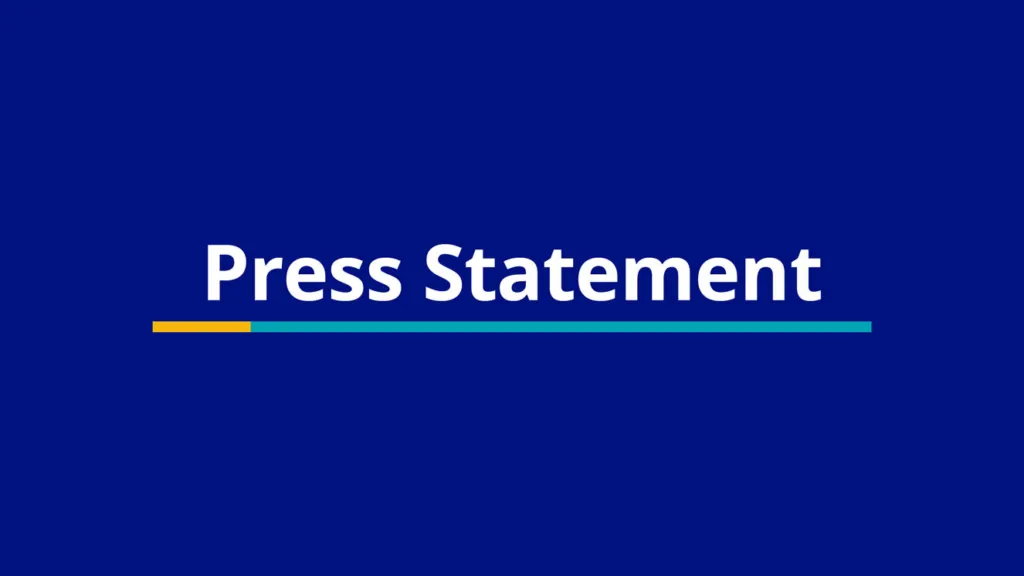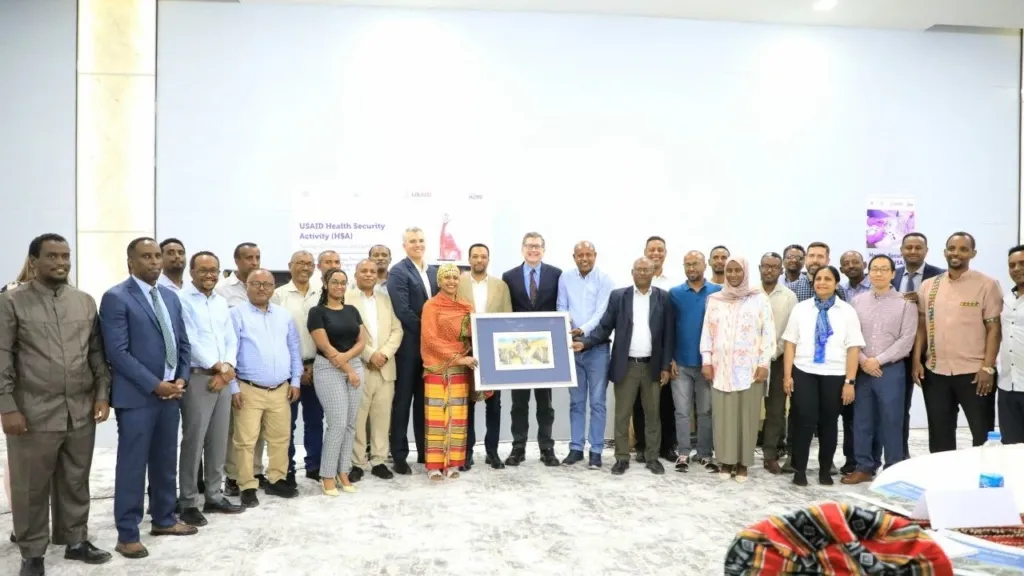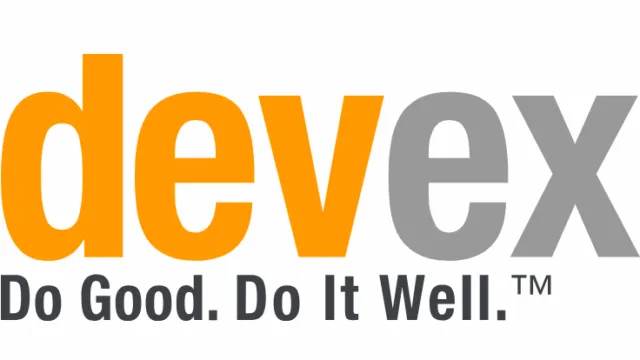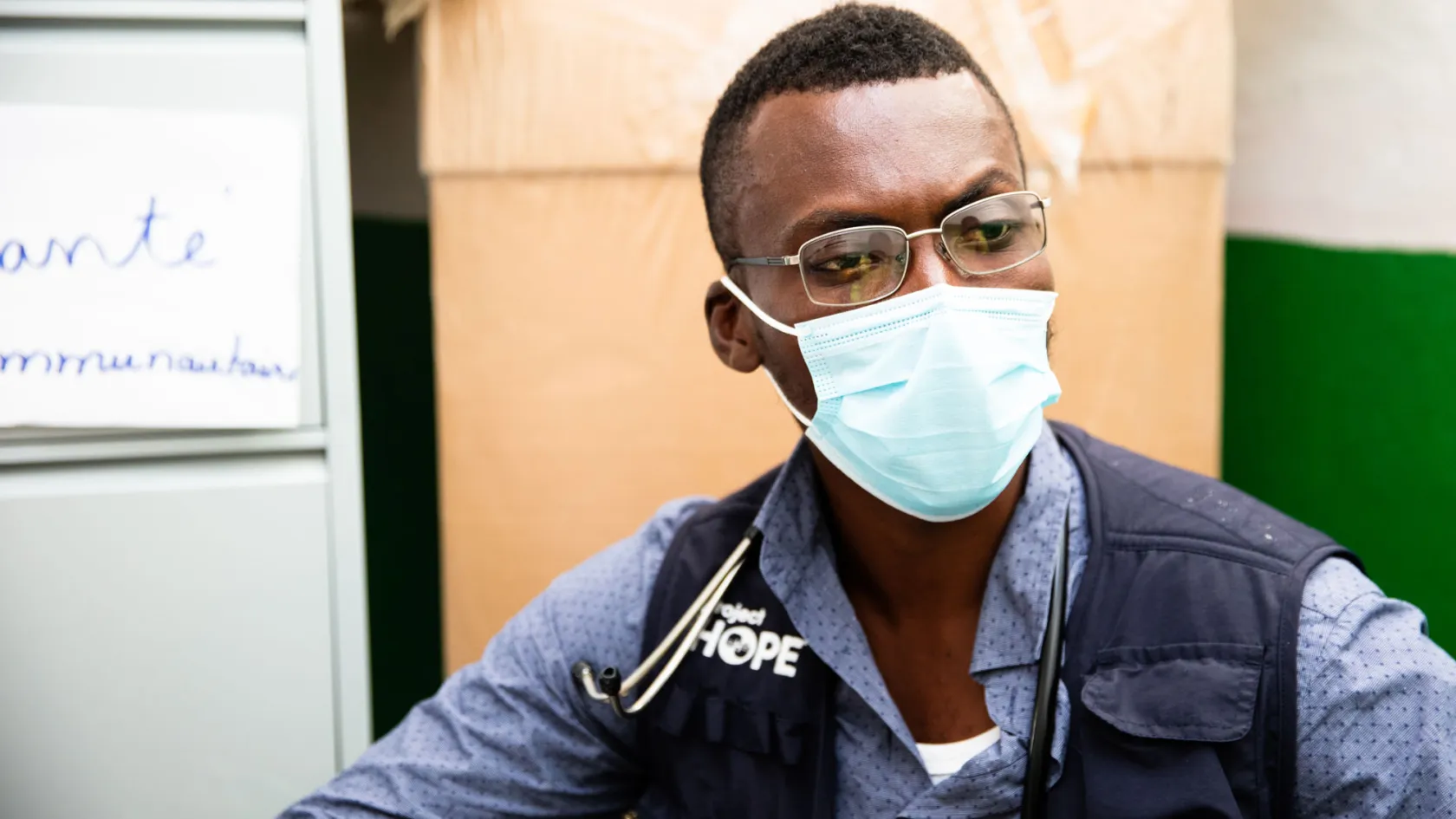Two Years Into Pandemic, Project HOPE Recaps COVID-19 Response Efforts
Much Work Remains to Address Health Inequities and Prepare for the Future, Global Health Organization Finds

Washington, DC (March 11, 2022) — On this second anniversary of the day the World Health Organization (WHO) declared the novel coronavirus (COVID-19) outbreak a global pandemic, Project HOPE is recapping the reach of its programs and cautioning that the world’s response revealed new and existing inequities of the health system.
In 2021 alone, Project HOPE’s COVID-19 programs reached more than 791,000 people in 98 countries, distributing 18 million pieces of personal protective equipment across 15 countries, and training more than 63,000 people worldwide. Additionally, Project HOPE screened more than 40,000 people for COVID-19, implemented mental health trainings in 30 countries, and helped deliver COVID-19 vaccine trainings in 40 countries across Africa.
“Although the COVID-19 pandemic, which proved fatal for millions, remains one of the most serious public health challenges of all time, I am proud of our response efforts and how we grew as an organization,” said Rabih Torbay, president and chief executive officer of Project HOPE. “We developed creative solutions to connect overlooked, underserved, and marginalized communities to care, and managed to evolve as the threat of COVID-19 evolved. That said, I am cognizant of the inequities that our response to the novel virus revealed, whether that be the lack of capacity in developing countries, misinformation about vaccine efficacy, or ethnic and socio-economic disparities between those who had access to vaccines and treatments, and those who did not.”
Dr. Tom Kenyon, Project HOPE’s chief health officer, emphasized the importance of partnerships to achieve results at home and abroad, and recognized the need to quickly adapt the support Project HOPE offers with the changing needs and emerging science of the pandemic. He called for broader and sustained action to address the widespread health inequities that will remain a problem in future pandemics.
“It is worth noting that the same training platform we used initially to train frontline health care workers in case management and how to protect themselves from COVID-19 quickly evolved to include vaccines as they became available, and now it is being utilized for mental health resiliency training among those same frontline workers,” said Dr. Kenyon. “Needs rapidly change during a pandemic and we need to be constantly listening to the needs of hard-hit communities and finding innovative ways to empower and strengthen their health systems from within – a more sustainable approach.”
“The world cannot afford to once again complete another panic and forget cycle as we’ve done with past epidemics – we need global, national, and local actors to look at pandemic preparedness and response through an equity lens,” Dr. Kenyon added. “If we learned anything from COVID-19, which continues to rage in some parts of the world, it is that we must better prepare the health system for future pandemics and use all the tools at our disposal to more fairly distribute information, therapies and vaccines.”
Project HOPE’s roots in pandemic response extend to educational programs, humanitarian relief, and interagency collaborations that began long before the first COVID-19 case was detected. And once the virus began to spread, the organization engaged in a variety of response efforts around the world.
For example, Project HOPE spawned an Internet-based educational infrastructure that allowed medical professionals to train others around the world and share critical updates quickly and effectively. Project HOPE also provided tens of thousands of pieces of medical equipment to countries in need, and as noted above, implemented mental health and resiliency trainings across five continents.
Project HOPE remains committed to fighting the pandemic and build more resilient communities.
Contact: Project HOPE, Media@ProjectHOPE.org



